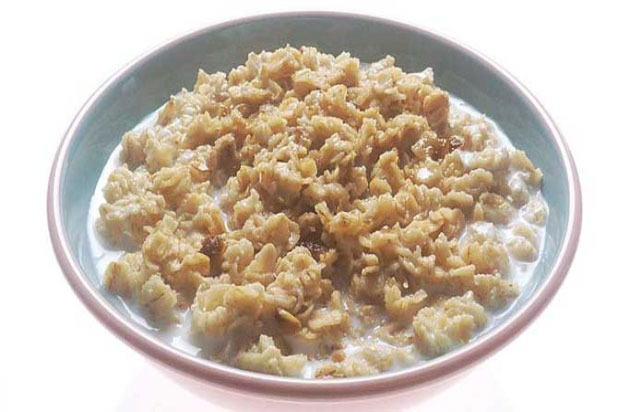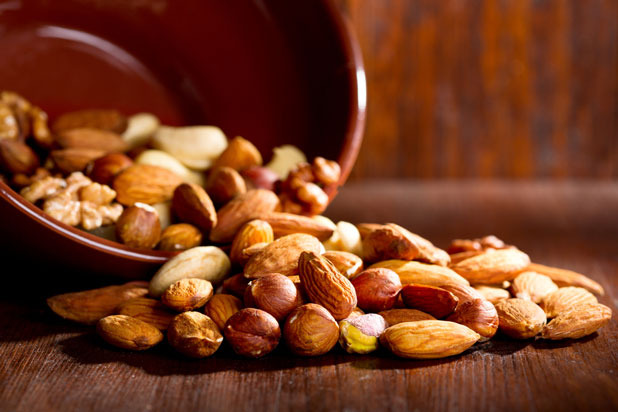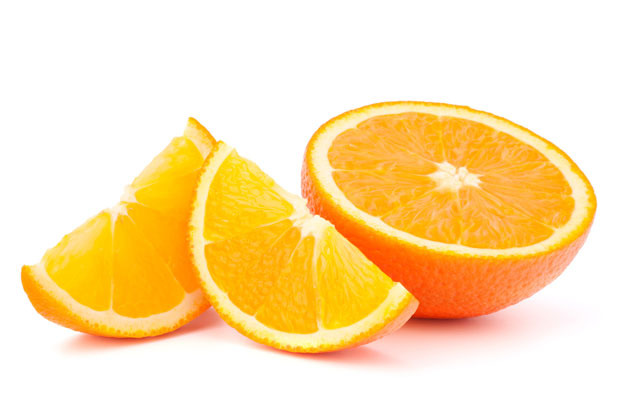5 Foods To Reduce Heart Disease (Slideshow)
What do you normally eat for breakfast? BHG suggests eating a nice, hearty bowl of oatmeal to start off your day. Due to a low glycemic index, oatmeal will keep you full longer while giving you enough energy before your next meal. You can even dress up your oatmeal with nuts, syrup, and raisins!
Nuts - Almonds, Walnuts
Walnuts provide omega 3s, according to BHG. They may pack a handful of fat, but it is the good kind of fat. The fat our body needs for a well balanced diet. There are also two types of cholesterol, good and bad. Almonds, as suggested by Prevention, can lower the bad cholesterol and raise the good cholesterol. Carry a handful of these nuts with you; they come in handy as a snack!
Oranges
An orange a day will keep the doctor away. Prevention says oranges can lower blood pressure and cholesterol. They are full of potassium and vitamin C. What's interesting is that the pulp contains citrus pepcin, that helps to fight off proteins that trigger heart disease. Other ways to eat get your daily dose of oranges is by drinking the juice, with the pulp of course! Start you day with a glass of OJ or eat an orange as a snack.
Dark Chocolate
For all you chocolate lovers out there, you are doing something right. Eating chocolate can help decrease blood pressure. Prevention says chocolate can help decrease blood pressure. Dark chocolate, in particular, has a higher percentage of cocoa. Cocoa contains flavanols that work to "improve blood vessel flexibility." This isn't an excuse to go feast on chocolate. Remember, a couple pieces of day can do the cure.
Red Wine
Now we have a reason to drink! Prevention reported that drinking a glass a day can decrease blood clotting and increase the good kind of cholesterol. Professor Folts, from the cardiovascular medicine and nutrition at University of Wisconsin-Madison says red wine is "nearly as effective as an aspirin." Don't go crazy though, Folts says that more than one glass a day can cause other unwanted diseases such as breast cancer and heart disease.




